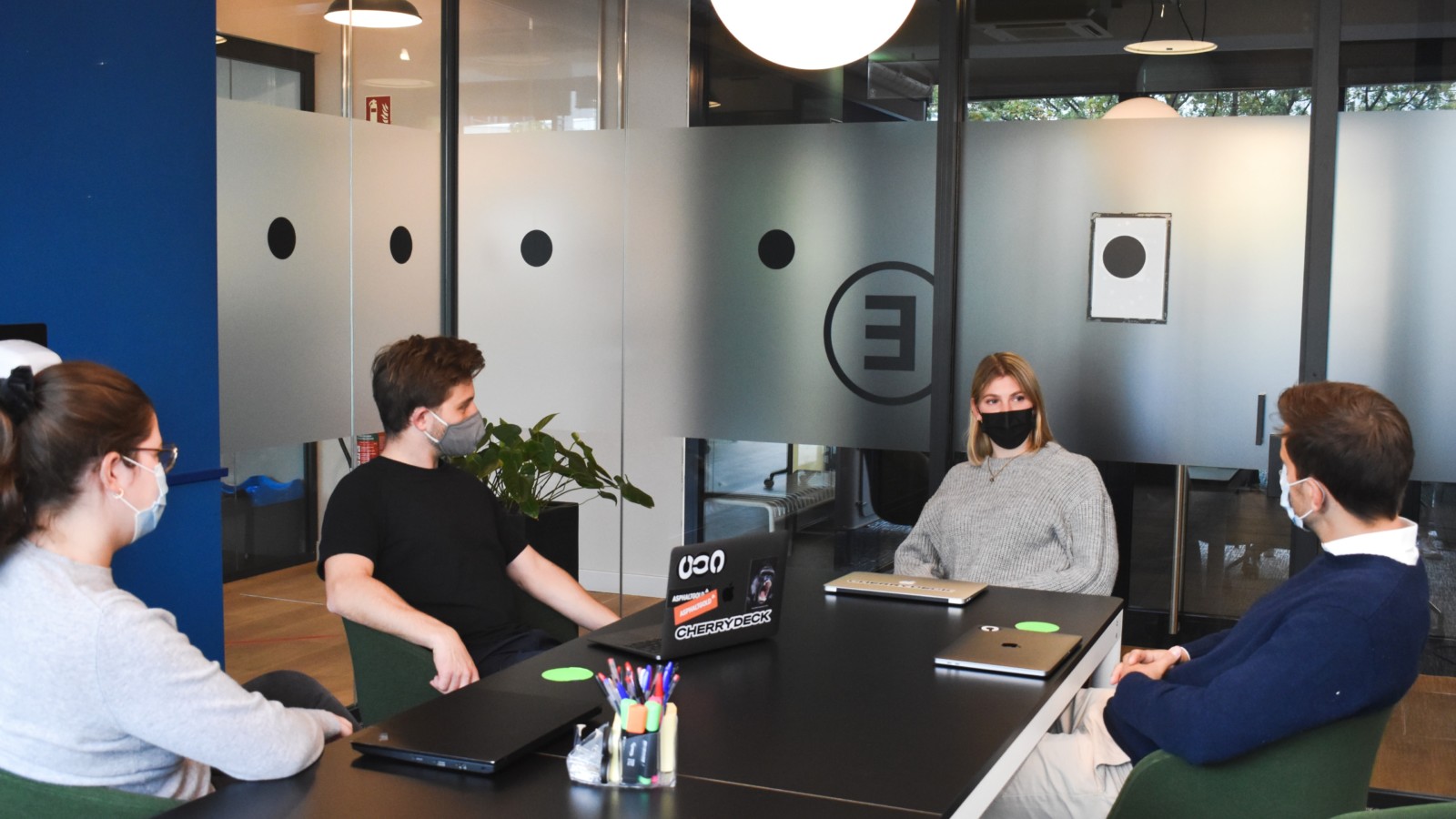Mental health has gained required attention during the pandemic. As isolation may be the precaution to protect ourselves from covid. But the uncertainty that hauled around due to lockdown made each one of us realize the importance of mental health. The HR team realized that pressurizing the employee for results is not the solution. Istead the employer has to consider that mental well being is necessary to ensure a healthy workspace.
Many organizations opted for wellness programs to ensure that the employee has enough support to deal with such challenges.
Let’s take a look at few such elements that helped in building a helping workspace:
Lead with empathy
The picture of a working employee has changed since the pandemic. It is essential for the leaders to recognize the changes with the team. Empathizing with the members imparts a genuine impression of sailing on the same boat. Empathy has the potential to be an important trait. It proves to be a vital support in challenging times. Any organization that lacks to build a relation with the employees lacks in gaining trust of its employees.
Track less and listen with all ears
With the majority of the employees functioning remotely, each one wants to stay updated with the organization’s development. Tracking employee performance has increased with time. It is imperative to track the performance. However, over tracking of performance might lean towards a little over the fine line. Implementation of more scheduled meetings, required check- ins and constant update. An added checklist may further disengage the employee and exhaust the team. It is essential to ensure a balance in tracking and communicating.
Reconciliation of employees mission
Working remotely has created a communication gap between the employees. A stagnant routine without any communication can lead the employee to feel disconnected with the organization. The present generation is derived by purpose. A purpose motivates the employees to stay connected and invest more effort to achieve the goal set by the organization. The motto of refocusing on a goal with a purpose rather than working without a goal has been the new path which encourages the millennials to work efficiently.
Focus on mental health
The pandemic has initiated a turn around the world of work. The attention from a fixed schedule and working hours has shifted to performance of the employee. The shift has made the HR team realize the importance of mental health along with physical health. It has explained how the mental health of the employee can impact the physical health of the performance. Many organizations have started to initiate steps to encourage employees to talk about mental health.
It has been considered a vital aspect in employee engagement. Application functioning for employee engagement has included policies designed by the HR team to support any individual associated with the organization who is struggling with any such issues.
Boundaries
It says boundaries because functioning remotely it extends the working hours for the employees. The set up of working for home due to the circumstances are functioning as two sides of the coins. It has its own set of pros and cons. It provides the leverage of working flexible timings. However, the leverage of time has proven to extend working hours. A 9 to 5 job has net been restricted to 5.
A relationship between technology and employees
Technology has taken a leap in supporting the shift from office to remote. It can’t be denied that at present technology is the pillar but it is essential to keep a check on the usage. It is essential to maintain a healthy relationship between people and technology. The present generation has started to become dependent on technology. As a matter of fact even in the world of work activities such as performance appraisal is taken care of by performance management software. It builds a transparent platform to execute an unbiased decision.


